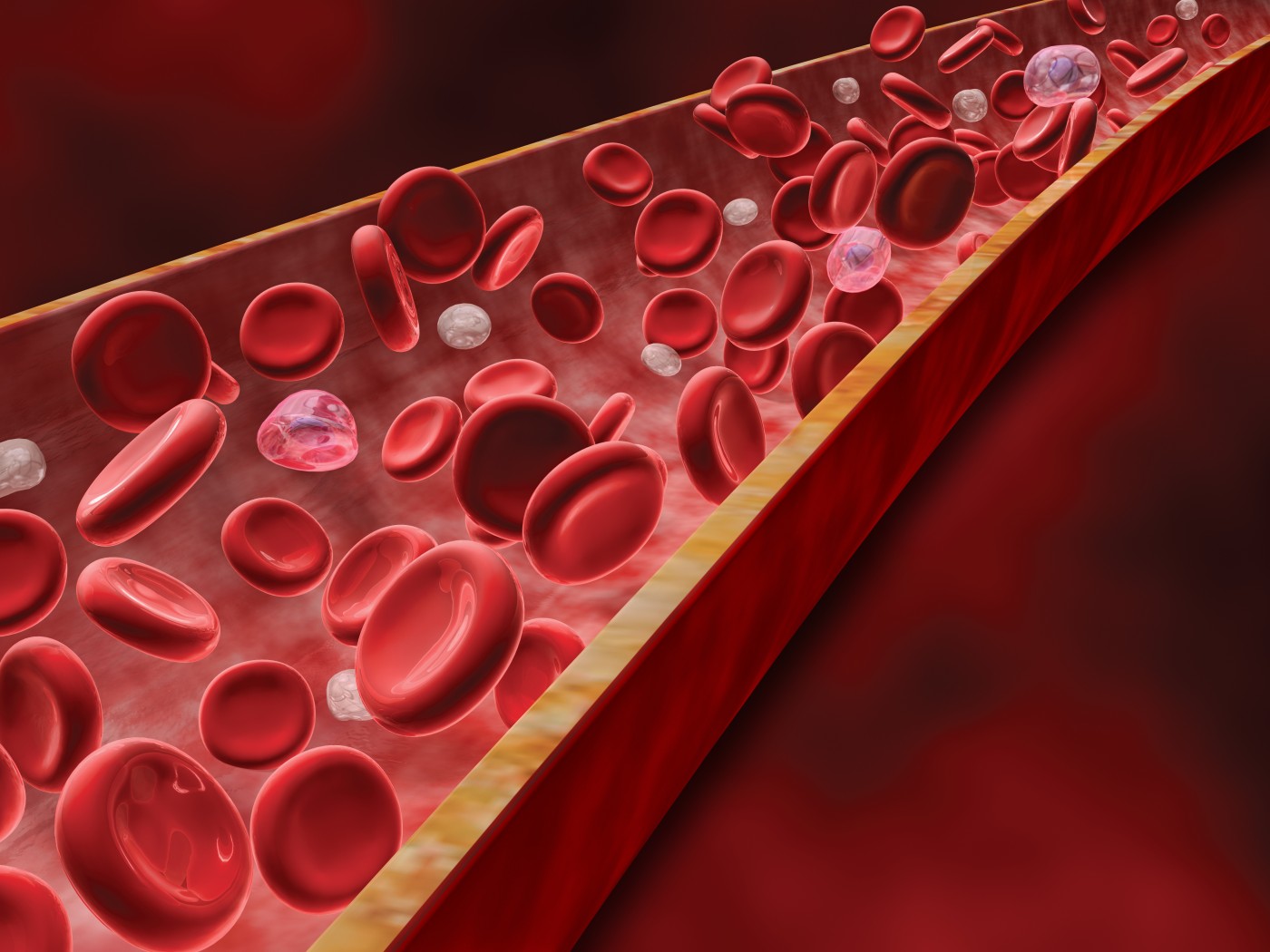Prostacyclin May Treat Sarcoidosis-Associated Pulmonary Hypertension
Written by |

A recent article suggests prostacyclin therapy, which is used for the treatment of pulmonary arterial hypertension (PAH), may also be useful for treating sarcoidosis-associated pulmonary hypertension (SAPH).
PAH refers to high blood pressure of the lungs. The condition can occur as a result of several different diseases, including sarcoidosis; a disease of unknown cause characterized by enlargement of the lymph nodes. PAH worsens over time and can be potentially fatal, since pressure in the lung arteries can strain the heart. Although PAH currently has no cure, several medications are used to control symptoms, including prostacyclin therapy. Prostacyclin is a naturally-occurring molecule made from arachidonic acid through what is known as the cyclooxygenase (COX) pathway. It is a strong vasodilator and one of the most effective drugs for PAH.
It is not known if treatments for pulmonary arterial hypertension therapy are safe for the treatment of sarcoidosis-associated pulmonary hypertension specifically. Clinicians need more information about prostacyclin therapy in SAPH in particular, but there are few available studies of this treatment in SAPH.
A case series, “Prostacyclin and Oral Vasodilator Therapy in Sarcoidosis-Associated Pulmonary Hypertension:A Retrospective Case Series,“ appeared October 2015 in the medical journal Chest, and described more about this treatment for SAPH.
The researchers, led by Catherine Bonham, MD of the Section of Pulmonary and Critical Care Medicine, University of Chicago, reviewed the medical charts of 46 patients diagnosed with sarcoidosis. Of these individuals, 26 had SAPH. Thirteen of the study subjects received prostacyclin either as a individual medication or in combination with oral vasodilators.
After approximately one year, the researchers measured several standard improvements in the individuals taking prostacyclin, including heart output measurements, measurements of lung function and biological markers. After 2 years, 15 study subjects with SAPH survived, including eight taking prostacyclin. At 5 years, seven survived, including five taking prostacyclin. The use of prostacyclin was not associated with an increased risk of death or with increases in how much oxygen the study subjects needed.
In their research report, the investigators concluded “Many patients with severe SAPH showed significant hemodynamic and clinical improvement on long-term IV or subcutaneous [prostacyclin] therapy and had survival outcomes similar to patients with moderate SAPH on oral vasodilator therapy.”
Although several individuals appeared to improve, a larger study including statistical analyses could help confirm that prostacyclin improves clinical outcomes for SAPH. Prostacyclin may be useful for SAPH and appears to be as safe as standard treatments. Larger, well-designed studies are however needed to further understand and assess the use of prostacyclin for SAPH.



